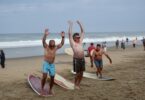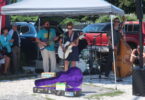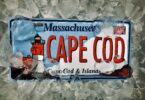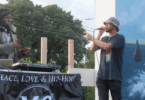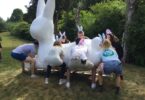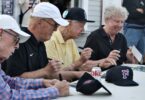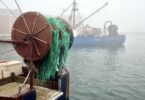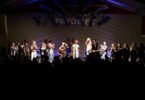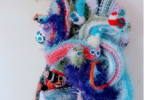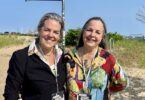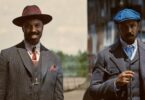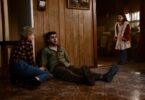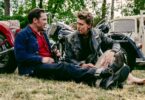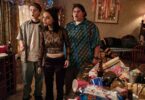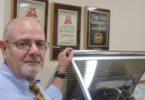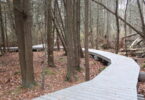WOODS HOLE – “Every single day I think about that valley. In my dreams, I am still just a shepherd there. It’s a simple life with vast space to occupy your mind. I miss that life so much.”
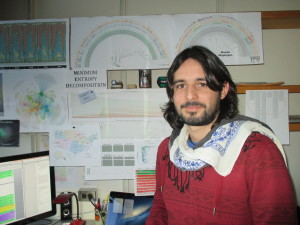
A. Murat Eren (Meren), Assistant Research Scientist at the Josephine Bay Paul Center for Comparative Molecular Biology & Evolution at the Marine Biological Laboratory in Woods Hole.
Instead of being a shepherd in the Barhal Valley in the mountainous region of northeast Turkey, A. Murat Eren is an assistant research scientist at the Josephine Bay Paul Center for Comparative Molecular Biology & Evolution at the world-renowned Marine Biological Laboratory. He still has a lot to occupy his mind.
Now, his vast space is the world within a world that is microbial ecology, a field he first discovered as a graduate student in New Orleans. “You are an organism and you are a habitat to trillions of other organisms. I had no clue,” he said. “I literally had no idea. Just like we can’t think about the number of stars in the universe, the human mind does not comprehend this.”
Call him “Meren,” he said. “Murat” is common male name in Turkey so he needed a nickname and, he explained, “Nicknames, some of them are not very pleasant when you let other people choose your nickname for you.”
The common American mind almost cannot comprehend the path of Meren.
“Things we realize by the trajectory of our living,” he said, “usually we don’t see it until after it happens.”
He was a shepherd as a child, and later he worked for the Turkish government because he taught himself cryptography as an open source Linux advocate. After arriving in New Orleans and getting humiliated for his English language skills while trying to order food at a Subway Restaurant, the Turkish computer expert pivoted into biology and got a PhD, and then he created a new way – Oligotyping – to differentiate the concealed diversity in microbial populations.
“Oligotyping is a big advancement,” said Mitch Sogin, the director of the Bay Center and the person who hired Meren. “I don’t think the rest of the world appreciates its value yet.”
Meren is a gifted photographer who documented many things, including Occupy Wall Street. “I never classify myself as an anarchist,” he said. “I am interested in uprisings and protests. If I truly want to understand, I have to go talk to the people.”


